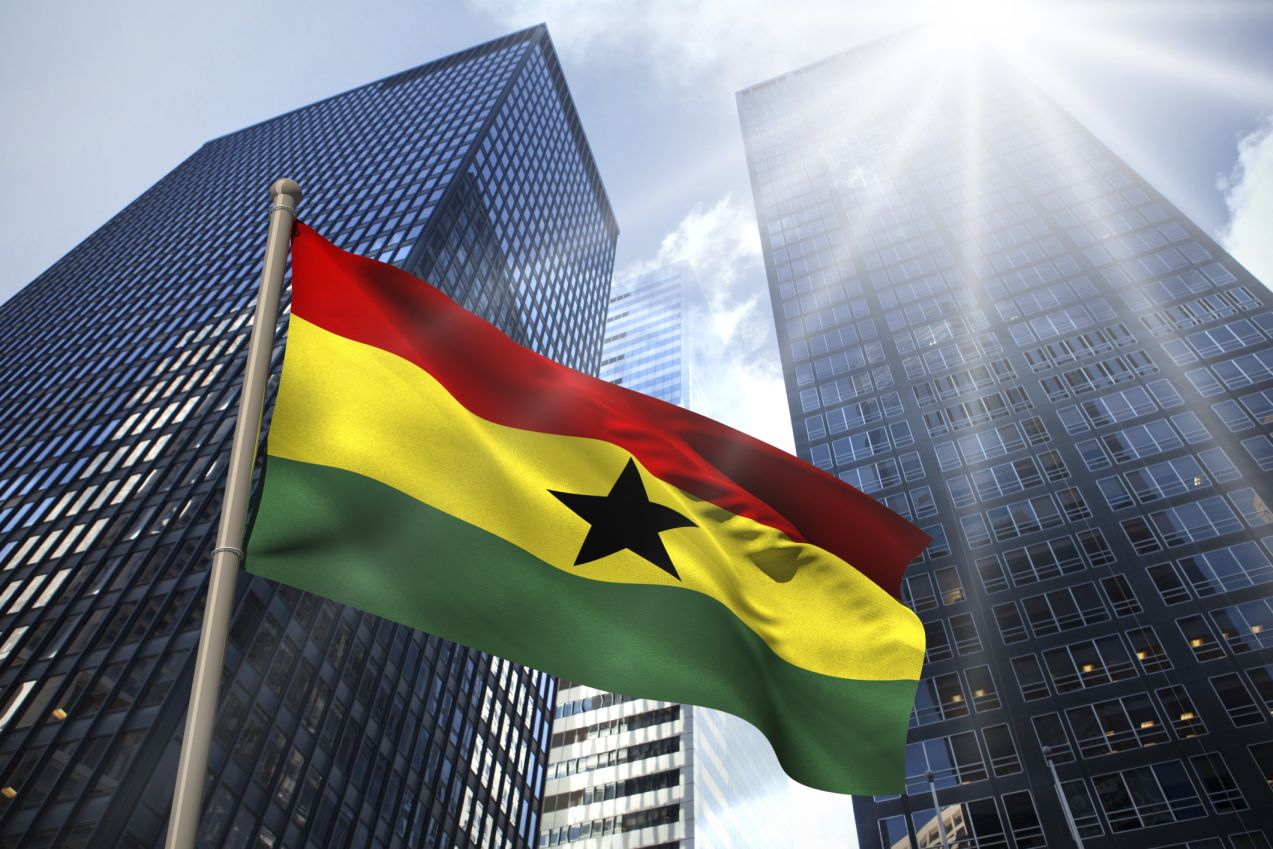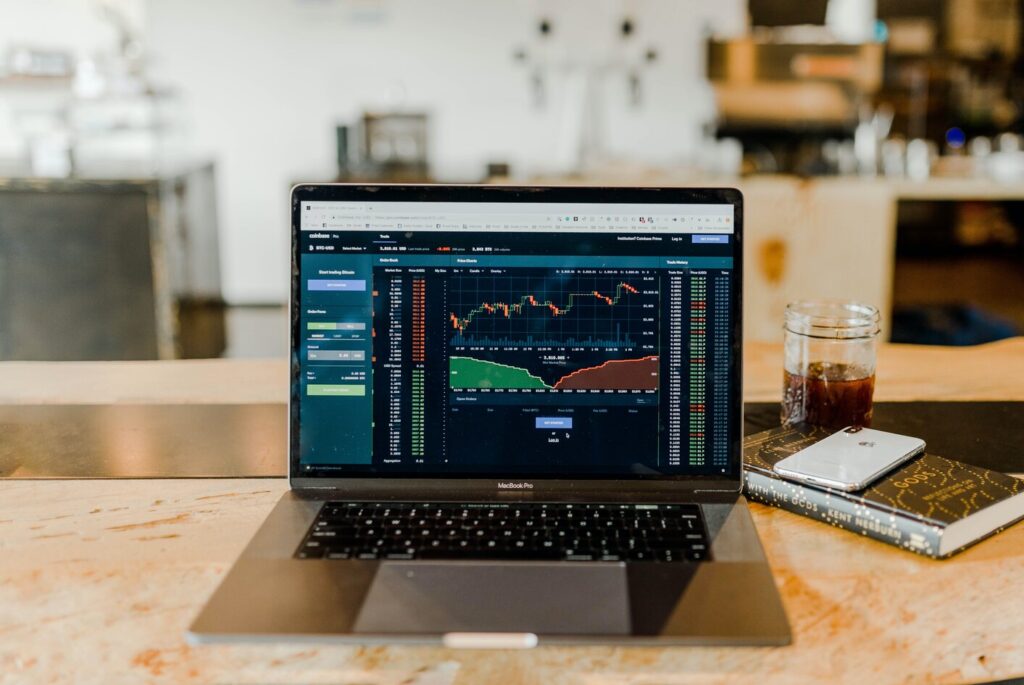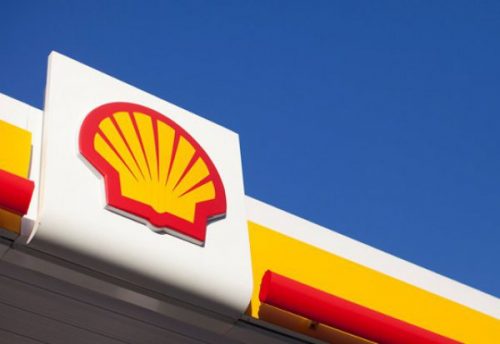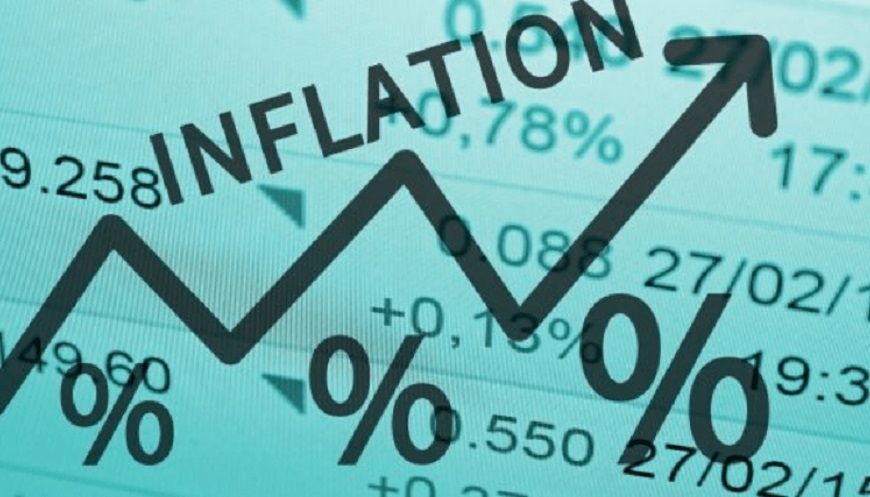Economy
Fitch Upgrades Ghana’s Outlook to Stable


Ghana national flag
By Dipo Olowookere
The Outlook on Ghana’s Long-Term Foreign- and Local-Currency Issuer Default Ratings (IDR) has been upgraded by Fitch Ratings to Stable from Negative. Also, the West African nation’s IDRs have been affirmed at ‘B’.
A statement issued by the rating agency on Friday stated further that it has equally affirmed the issue ratings on Ghana’s senior unsecured foreign and local currency bonds at ‘B’, as well as the ‘BB-‘ rating on Ghana’s $1 billion partially guaranteed note.
Ghana’s Country Ceiling and Short-Term Foreign and Local Currency IDRs have been affirmed at ‘B’, Fitch said.
The agency said Ghana continues to make progress in stabilising its economy after its recent crisis period, with an expected revival in GDP growth, declining inflation, a more stable currency and increasing foreign exchange reserves.
Furthermore Fitch judges that the new government will make progress in reducing the budget deficit after the election-related slippage in 2016, albeit with continued downside risks.
Fitch expects growth to improve to 6 percent in 2017 from an estimated 3.6 percent in 2016, when it was hampered by lower than expected oil production and power cuts.
CPI inflation fell to 12.9 percent year on year in March, from a peak of 19 percent in March 2016. The cedi has recovered to 4.2/$, after depreciating to 4.7/$ in early March. The improvement in the macroeconomic environment has allowed the Bank of Ghana to cut its policy interest rate to 23.5 percent from a peak of 26 percent in 2016.
Further, rising oil production and the benefits from macroeconomic stability will support Ghana’s medium-term growth potential above 6 percent, a key rating strength.
Ghana experienced a blow-out in the 2016 budget deficit, which widened to an estimated 8.9 percent of GDP (on a cash basis) in the run-up to December general elections, compared with a government and IMF target of 5.3 percent, and an outturn of 6.3 percent in 2015.
The cash deficit includes up to USD1.3 billion (3% of GDP) in off-budget and unapproved spending. On a commitment basis, accounting for an additional $650 million in unpaid commitments, Ghana’s deficit widened to as much as 10.5 percent of GDP.
Fitch notes that some of the unapproved expenditure is presently being audited and a significant chunk may be written down, which would lower the deficit.
The election resulted in a win for the New Patriotic Party, Ghana’s centre-right party, which had been in opposition since 2009. In March, the new government announced its 2017 budget, which calls for fiscal consolidation, and measures to strengthen public financial management.
Fitch forecasts the 2017 budget deficit to narrow to 7.5 percent of GDP on a cash basis, and further to 5.5 percent in 2018.
The government’s 2017 deficit forecast of 6.5 percent of GDP is based on an expected increase in tax revenues and a cut to capital expenditures.
Fitch believes that the expected increase in tax revenues will be difficult to realise, as the budget contains significant tax cuts aimed at boosting the business climate. Fitch notes that Ghana has historically underperformed its budgeted revenue projections.
On the expenditure side, interest costs will continue to exert upward pressure. Ghana’s interest costs are 32 percent of its general government revenues, a level well above the ‘B’ median of 9 percent.
Also, a lack of transparency and accountability within the line ministries has persistently led to substantial off-budget spending and the accumulation of arrears.
Successful implementation of the measures outlined in the Public Financial Management Act, 2016 would help control expenditure and keep spending focused on the policy priorities outlined in the budget.
Gross general government debt has stabilised, experiencing a slight increase to 73 percent of GDP at end-2016, from 72 percent at end-2015.
Fitch expects the debt/GDP ratio to decline to around 71 percent by end-2017 due to strengthening of the exchange rate (62% of debt is foreign currency denominated), lower budget deficit and robust nominal GDP growth.
However, Ghana’s debt level will remain higher than peers both as a percentage of GDP (the ‘B’ median is 56% of GDP) and as a percentage of revenue. Ghana’s general government debt/revenue is 366%, compared with the ‘B’ median of 225 percent.
Fitch said Ghana’s $915 million Extended Credit Facility (ECF) with the IMF is a key support for the sovereign ratings.
The incoming government has signalled its commitment to complete the programme, but has engaged with the Fund in renegotiating some of the programme’s indicative targets and structural benchmarks.
IMF staff completed the fourth review of the ECF in March and it will go to the IMF Board for approval before the end of June, allowing for the dispersal of an additional $116 million. Fitch believes that the government remains committed to successfully completing the current programme, which is due to run until 2018.
Ghana’s ‘B’ IDRs reflect the following key rating drivers:
Ghana’s external finances are a rating weakness. Fitch forecasts the current account deficit to narrow slightly to 6.3 percent of GDP in 2017, from 6.7 percent in 2016, but remain above the ‘B’ median of 5.7 percent of GDP.
Increases in oil and gas exports will help Ghana’s export performance, but rising imports will keep the current account deficit from narrowing significantly. International reserves increased by $460 million in 2016, ending at $4.9 billion, about 2.8 months of current external payments.
Fitch says it expects that external debt payments due in 2017 will limit reserves accumulation and forecasts reserves to reach $5.2 billion at end-2017.
The ratings are supported by World Bank governance indictors and business environment indicators that are stronger than the ‘B’ median, underlined by the peaceful transition of power in December. However, the ratings are constrained by low GDP per capita, which at $1,509 is less than half the ‘B’ median, low human development indicators and dependence on commodity exports.
Economy
Nigerian Exchange Nears 100,000-point Threshold Again After 0.55% Gain

By Dipo Olowookere
The Nigerian Exchange (NGX) Limited gained 0.55 per cent on Monday on the back of sustained bargain-hunting activities by investors, which took the bourse closer to the 100,000-point threshold.
Customs Street has crossed 100,000 points more than three times this year, but profit-taking activities by investors have always been the pullback.
In January, it crossed the psychological mark only to fall below the next month and then crossed again in March and crumbled in April.
This continued till June, when it went past 100,000 point and faltered the next month but picked itself up in the same month and going down again in July. It has remained below the threshold from the seventh month of 2024 till now.
On the first trading session of this week, the All-Share Index (ASI) increased by 544.57 points to 99,922.63 points from 99,378.06 points and the market capitalisation jumped by N330 billion to close at N60.572 trillion compared with the preceding session’s N60.242 trillion.
The day ended with 35 price gainers and 25 price losers, representing a positive market breadth index and strong investor sentiment.
Royal Exchange and Living Trust Mortgage Bank gained 10.00 per cent each to quote at 66 Kobo and N3.30 apiece, International Breweries grew by 9.90 per cent to N4.55, Guinea Insurance rose by 9.84 per cent to 67 Kobo, and Caverton expanded by 9.60 per cent to N2.17.
Conversely, University Press shed 9.81 per cent to settle at N3.77, Haldane McCall declined by 9.62 per cent to N4.70, International Energy Insurance slumped by 9.52 per cent to N1.33, ABC Transport shrank by 8.70 per cent to N1.05, and Sovereign Trust Insurance weakened by 8.24 per cent to 78 Kobo.
During the trading day, investors traded 740.9 million shares valued at N16.9 billion in 10,430 deals compared with the 544.2 million shares worth N10.6 billion traded in 8,464 deals last Friday, implying a surge in the trading volume, value, and number of deals by 36.15 per cent, 59.43 per cent and 23.23 per cent, respectively.
The most active stock for the session was Sterling Holdings with 197.0 million units sold for N955.5 million, Wema Bank transacted 150.5 million units valued at N1.3 billion, eTranzact exchanged 70.1 million units worth N473.2 million, Tantalizers traded 57.3 million units for N101.2 million, and Access Holdings transacted 20.5 million units valued at N491.9 million.
Business Post reports that the bears and the bulls battled for the control of the market yesterday, with the former grabbing three of the five key sectors of the bourse at the close of transactions.
The insurance space lost 0.96 per cent, the banking index went down by 0.06 per cent, and the energy counter decreased by 0.02 per cent.
However, the consumer goods sector improved by 1.24 per cent, and the industrial goods industry went up by 0.09 per cent.
Economy
NOSDRA Accesses Oil Spill at Shell Terminal in Bonny

By Modupe Gbadeyanka
The National Oil Spillage Detection and Response Agency (NOSDRA) has visited the site of an oil spill incident in Bonny, Rivers State.
The incident occurred at a loading terminal of Shell Petroleum Development Company (SPDC) in Port Harcourt. It was caused by a rupture in the pipeline operated by the firm, affecting the Oyorokot community in the Andoni Local Government Area of Rivers State.
Leading the NOSDRA team was the Director General of the agency, Mr Chukwuemeka Woke, who said the visit was to evaluate SPDC’s comprehensive efforts in managing the incident.
“Our presence here ahead of the Joint Investigation Visit (JIV) scheduled for tomorrow underscores our commitment to ensuring the site’s readiness for addressing the containment strategies.
“It is imperative that we assess both the immediate measures and long-term plans to manage and remediate the spill’s effects,” Mr Woke stated.
He praised the proactive steps taken by the company in containing and mitigating the spill’s impact on local communities, emphasising the importance of not just stopping further leakage but also alleviating community distress and preventing the spill’s spread.
The NOSDRA chief underscored the agency’s dual role of environmental stewardship and rapid response capability. reinforcing the organisation’s dedication to minimising ecological damage and collaborating closely with industry partners for effective solutions.
In response, the Commander of Emergency Response at Shell Nigeria, Mr Abatam Nwosu, reiterated the company’s commitment to prioritising community safety and environmental protection.
“Our protocols are stringent, focusing first on human safety and environmental integrity. We’ve enacted multiple responsive actions, including containment via maritime vessels, though pinpointing leak origins in open waters is complex.
“We are working in alignment with NOSDRA and appreciate the continued support, especially in conducting source analysis,” Mr Nwosu stated.
He further elaborated on the complexities involved, mentioning potential additional spillage from a pipeline operated by the Nigerian National Petroleum Company (NNPC) Limited and the necessity for analytical sampling to ascertain spill origins amidst multiple operational activities offshore.
Economy
Nigeria’s Inflation Jumps to 34.60% in November 2024

By Adedapo Adesanya
Nigeria’s inflation rose for another month, hitting a multi-year high of 34.60 per cent in November 2024 spurred by increases in food and electricity costs.
The headline inflation rate lower than the 33.88 per cent recorded in October 2024, according to data from the National Bureau of Statistics (NBS).
Looking at the movement, the November 2024 headline inflation rate showed an increase of 0.72 per cent points compared to the October 2024 headline inflation rate.
On a year-on-year basis, the headline inflation rate was 6.40 per cent higher than the 28.20 per cent recorded in November 2023. This shows that the average prices of goods and services increased in November 2024 compared to the same month in the preceding year.
Furthermore, on a month-on-month basis, the headline inflation rate in November 2024 was 2.638 per cent, which was 0.002 per cent points lower than the rate recorded in October 2024 (2.640 per cent).
This means that in November 2024, the rate of increase in the average price level is slightly lower than the rate of increase in the average price level in October 2024.
The NBS data also showed that the food inflation rate in November 2024 was 39.93 per cent on a year-on-year basis, 7.08 per cent points higher than the rate recorded in November 2023 (32.84 per cent).
The rise in Food inflation on a year-on-year basis was caused by increases in prices of the following items: yam, water yam, coco yam, potatoes, and other tubers class, guinea corn, maize grains, rice, beer and consumable oils.
On a month-on-month basis, the Food inflation rate in November 2024 was 2.98 per cent which shows
0.05 per cent points increase compared to the rate recorded in October 2024 (2.94 per cent).
The rise is attributed to the rate of increase in the average prices of mudfish, catfish dried, dried fish sardine, rice, yam flour, millet whole grain, corn flour, agric egg, powdered milk, fresh milk, and the meat class.
The average annual rate of Food inflation for the twelve months ending November 2024 over the previous twelve-month average was 38.67 per cent, which was 11.58 per cent points higher compared with the average annual rate of change recorded in November 2023 (27.09 per cent).
The rise in inflation comes as the Monetary Policy Committee (MPC) of the Central Bank of Nigeria (CBN) hiked interest rates for the sixth time this year by 25 basis points to 27.50 per cent. This year alone, the apex bank hiked rates by 875 basis points.
-

 Feature/OPED5 years ago
Feature/OPED5 years agoDavos was Different this year
-
Travel/Tourism8 years ago
Lagos Seals Western Lodge Hotel In Ikorodu
-

 Showbiz2 years ago
Showbiz2 years agoEstranged Lover Releases Videos of Empress Njamah Bathing
-

 Banking6 years ago
Banking6 years agoSort Codes of GTBank Branches in Nigeria
-

 Economy2 years ago
Economy2 years agoSubsidy Removal: CNG at N130 Per Litre Cheaper Than Petrol—IPMAN
-

 Banking2 years ago
Banking2 years agoFirst Bank Announces Planned Downtime
-

 Sports2 years ago
Sports2 years agoHighest Paid Nigerian Footballer – How Much Do Nigerian Footballers Earn
-

 Technology4 years ago
Technology4 years agoHow To Link Your MTN, Airtel, Glo, 9mobile Lines to NIN












